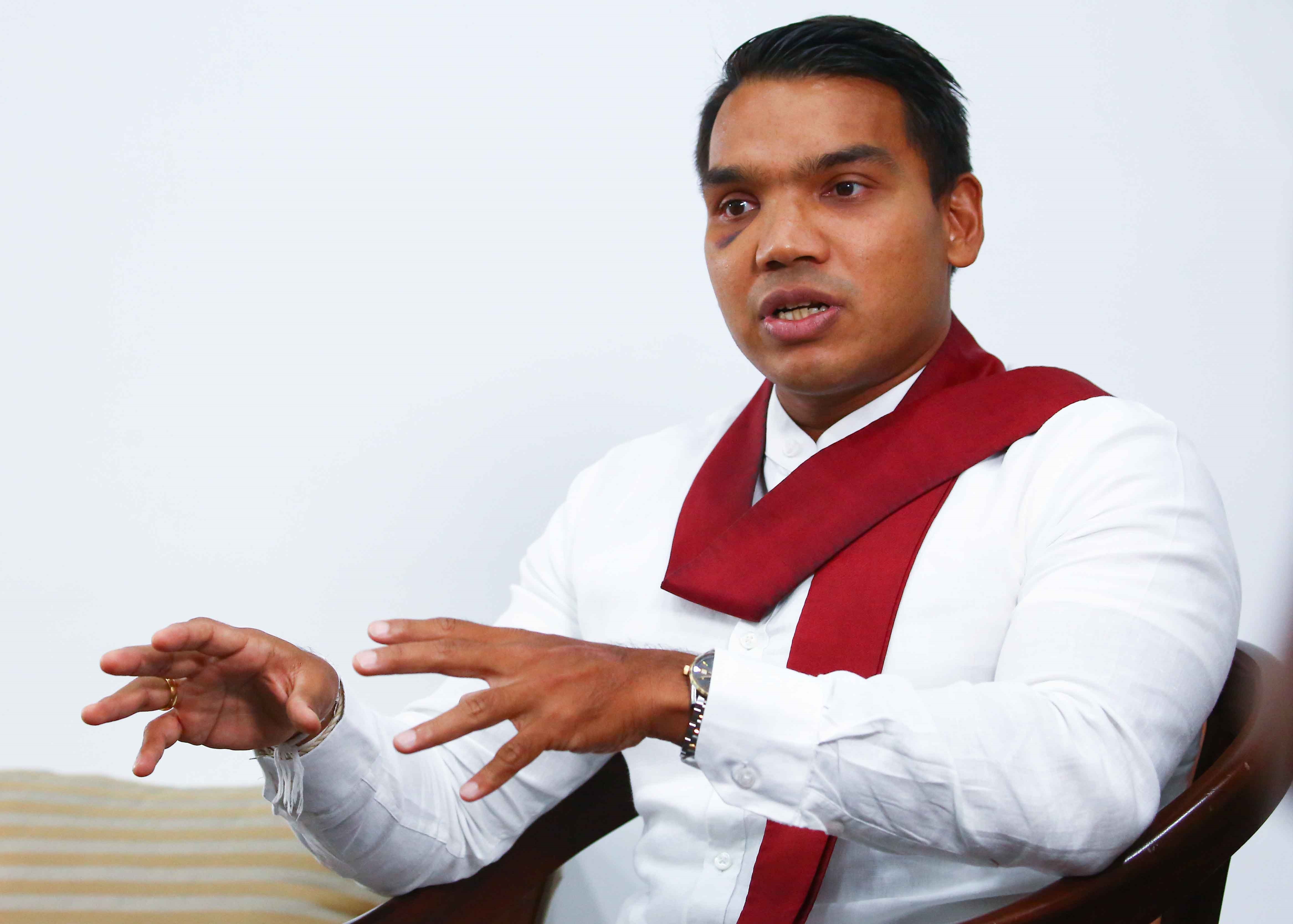Key findings from the report entitled ‘Island of Impunity?’ are reproduced below.
“The report illustrates violations perpetrated by both parties to the conflict and in particular, widespread torture, sexual violence and enforced disappearance, which continue in part today, perpetrated by SFs (Sri Lankan Forces) on the civilian population,
“There are also allegations of collusion and other acts by the Sri Lankan state, which inhibit accountability for wartime crimes and protect perpetrators.”
"Certain alleged crimes committed during the final months of the war involved such flagrant and reckless disregard for the laws of war, which strongly suggests there was intent to commit those crimes. For example, with effective control of all land, sea, and air approaches, the disciplined, well-trained and well-armed Sri Lankan SFs conducted indiscriminate artillery bombardments of areas of known civilian concentrations, also striking hospitals and humanitarian sites."
On the destruction of mass graves sites,
"Shortly before this report was finalised, ICEP obtained new eye-witness information in respect of the registration and burial of the civilian dead in the former conflict zone in Sri Lanka during the final five months of the war, and the alleged systematic destruction of civilian mass burial sites in the post-conflict period.
"According to this witness, these burial sites contained human remains from hundreds, and in some instances, thousands of men, women and children who died during the conflict. The precise location of these, and other, burial sites, has been provided to ICEP,
"This witness has alleged that scores of civilian mass burial sites were systematically destroyed after the conflict. According to this witness, the SFs, and specifically members of the Sri Lankan Police and Sri Lankan Army, are directly implicated in this conduct. This witness believes that senior SFs officials knew that graves were being identified for the purpose of exhumation, and permanent destruction, over a period of more than a year. Self evidently, these allegations are very serious and there is an urgent need for further investigation to determine their veracity."
"[...] allegations are that human remains from mass burial sites in the conflict zone were exhumed and were covertly destroyed. This highlights the urgent need for an internationally-mandated investigation.”
On indiscriminate killings of Tamil civilians,
“The impact of attacks on civilians suggests that the use of military force was manifestly disproportionate to any anticipated military advantage,

